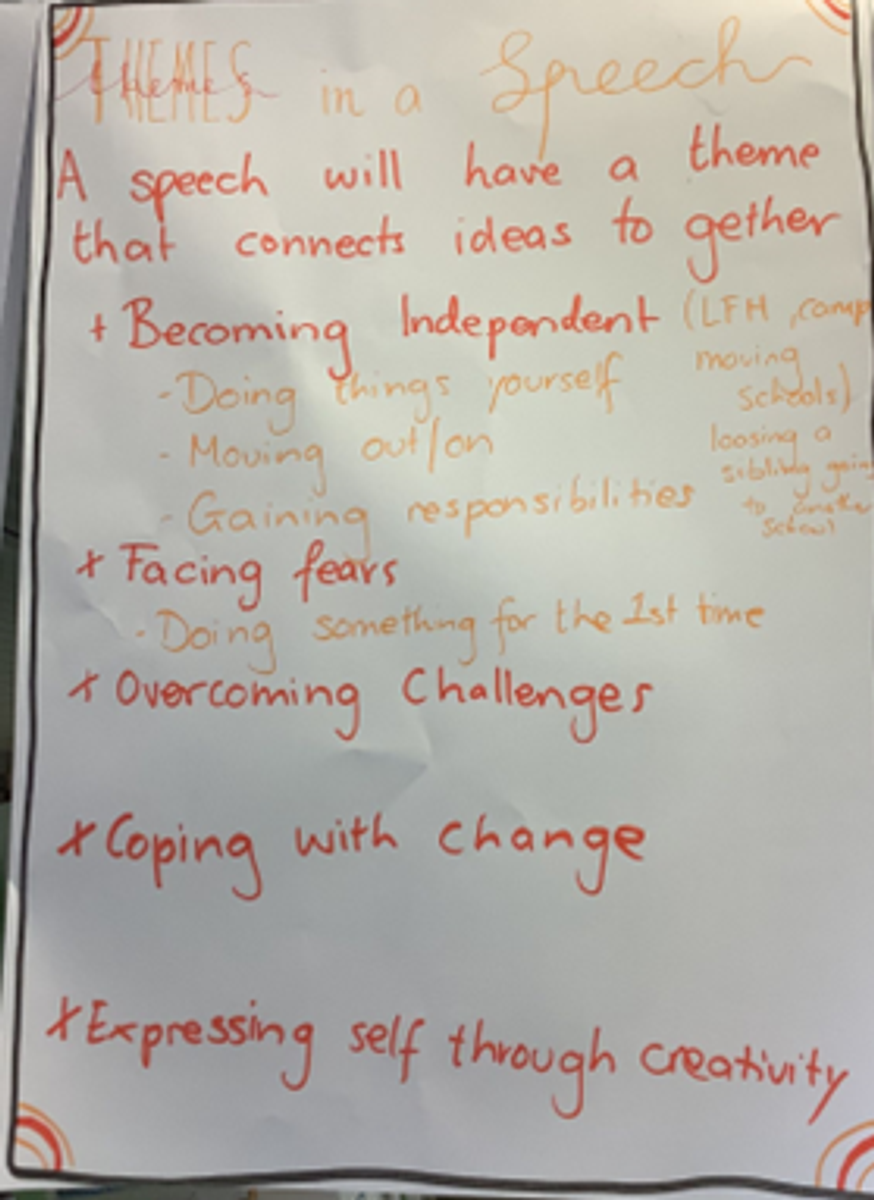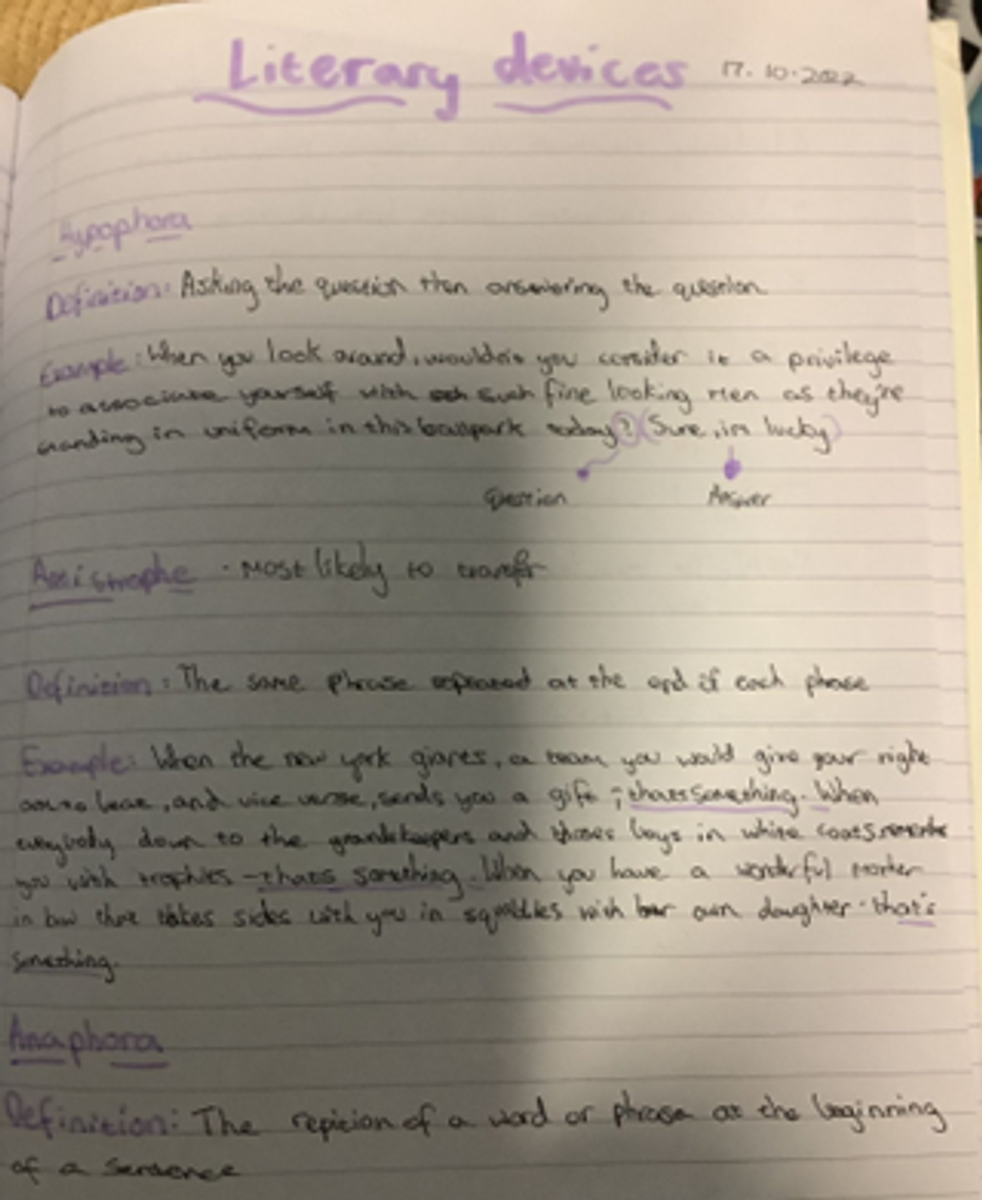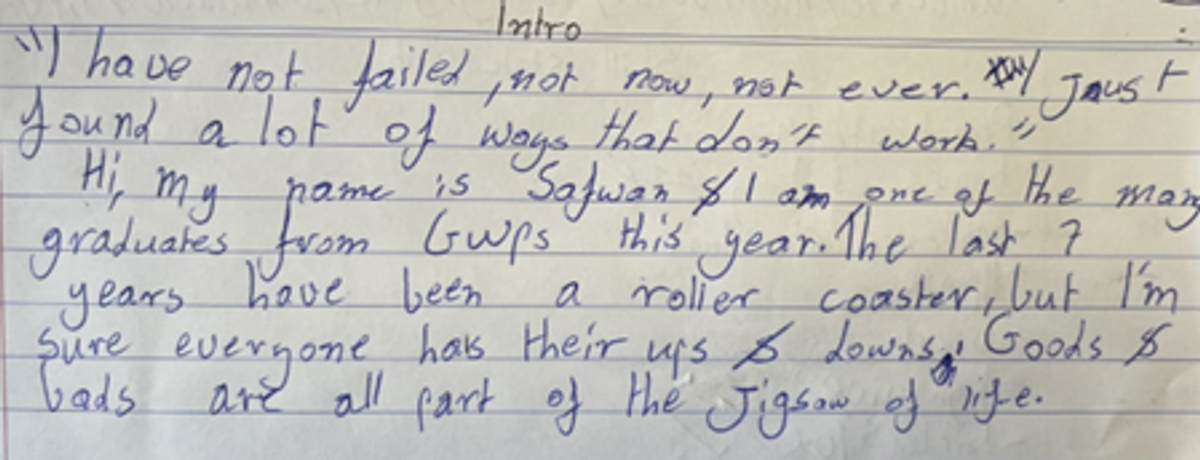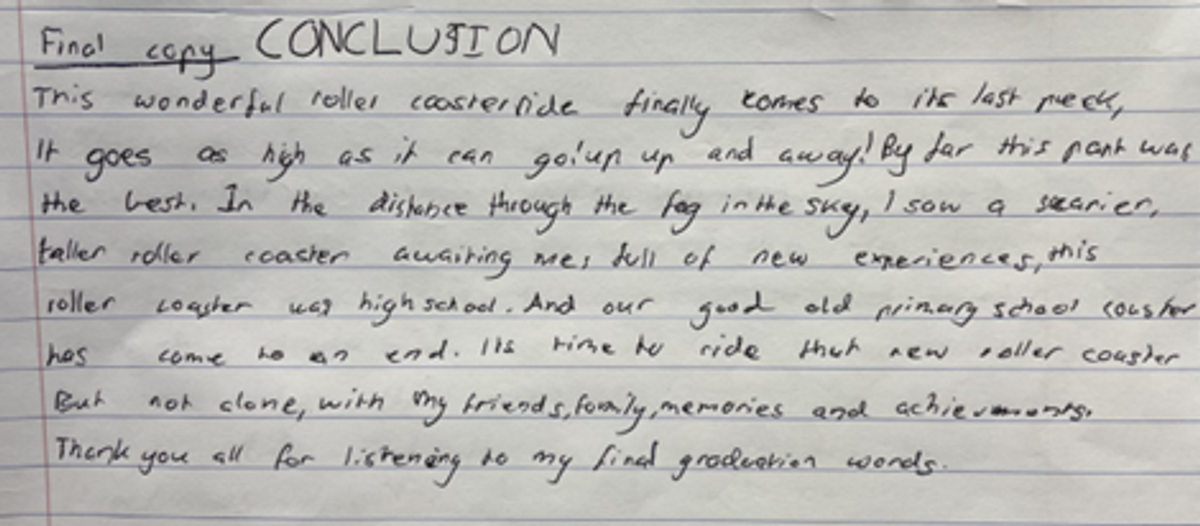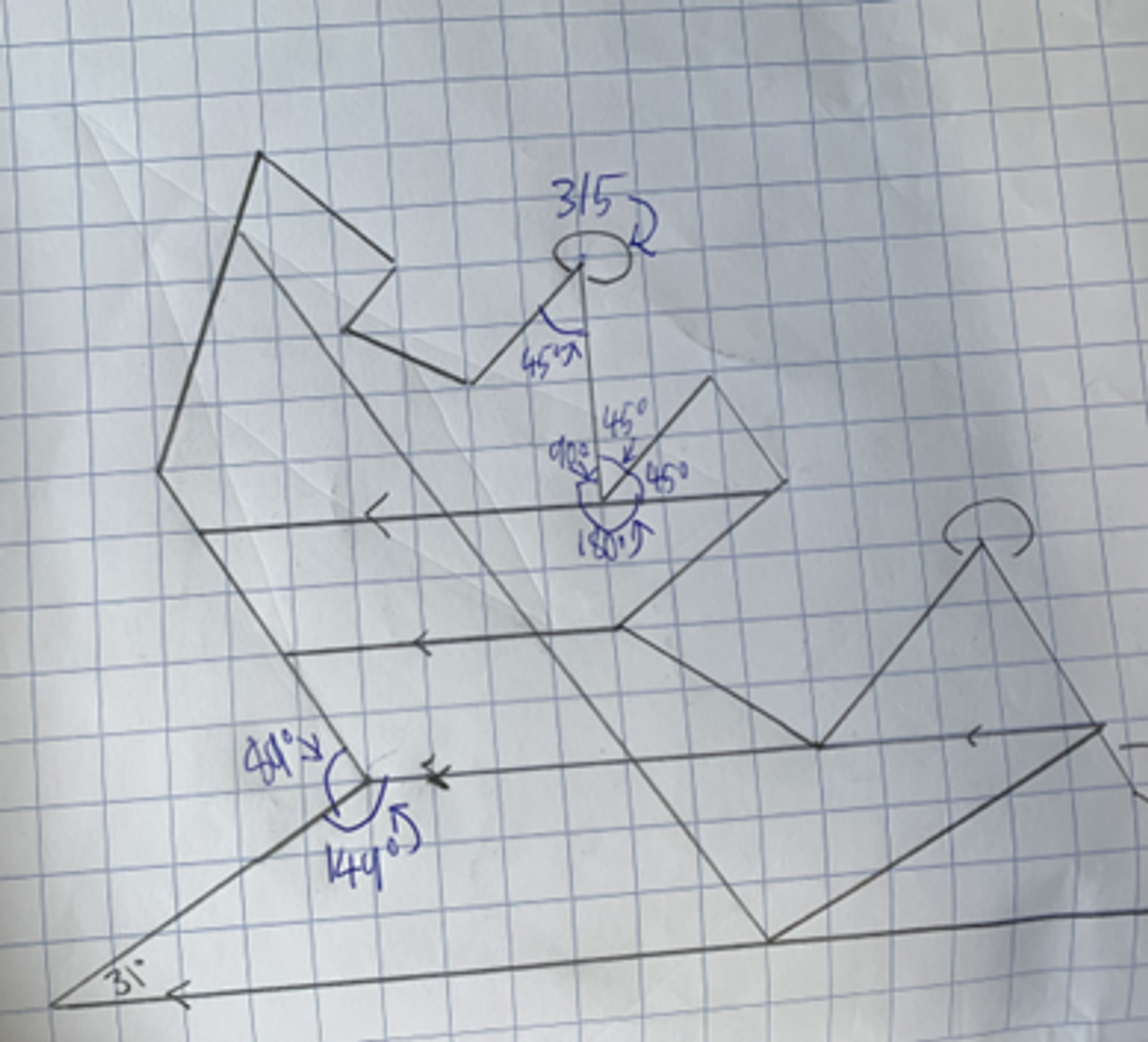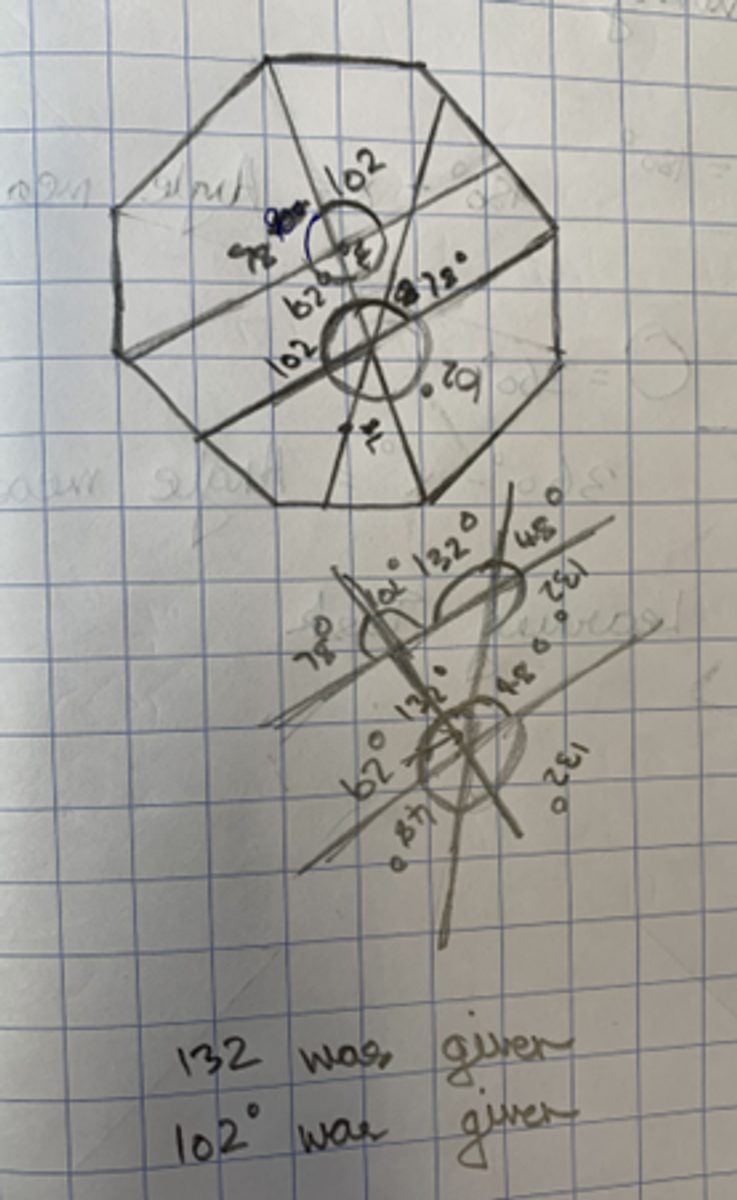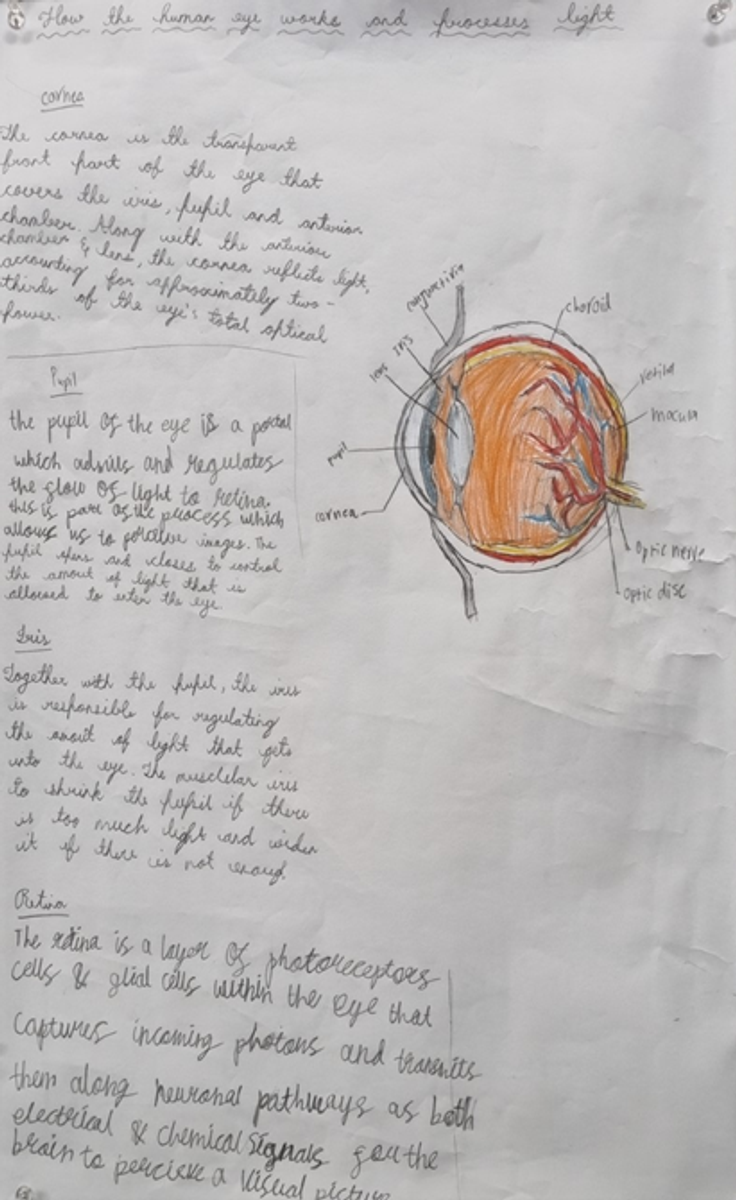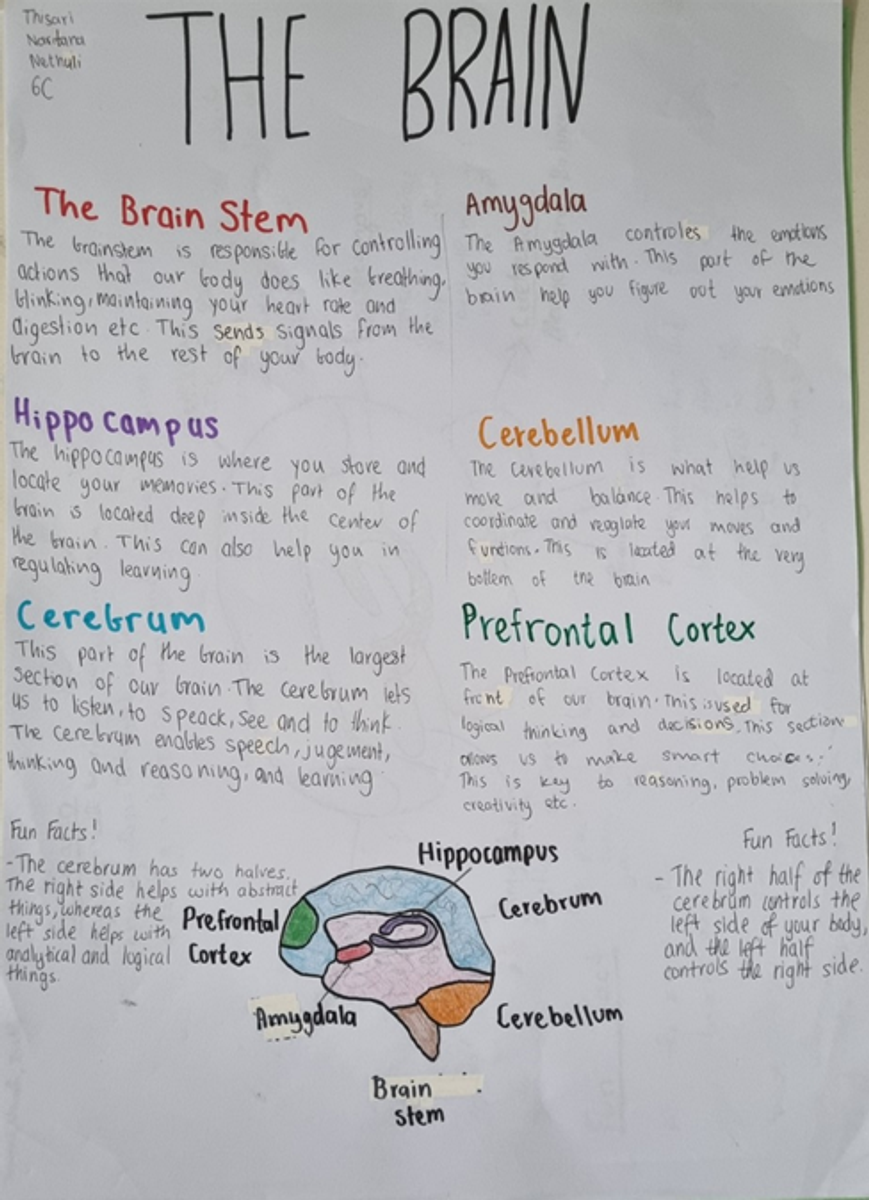Welcome to Term Four
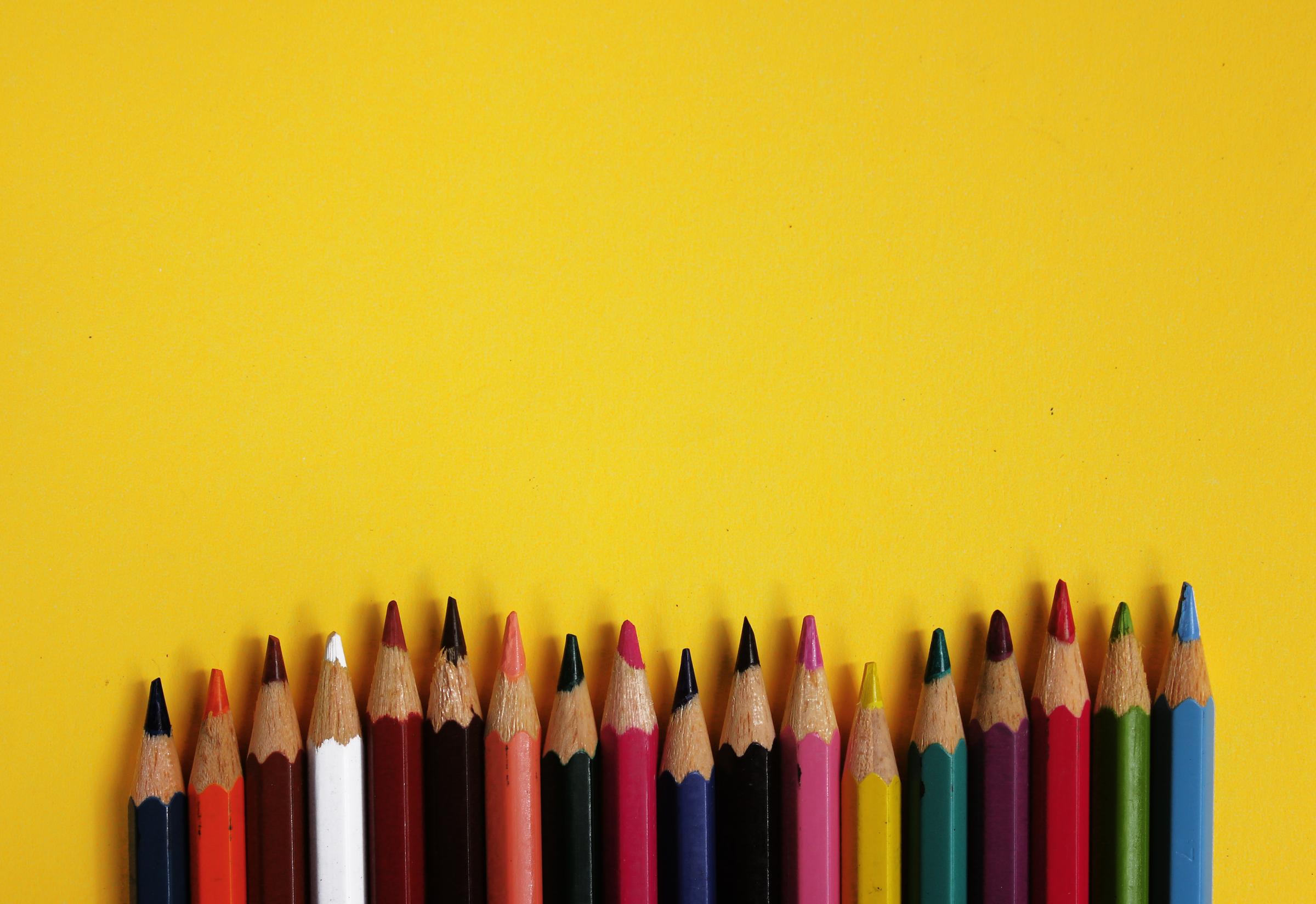
We would like to welcome all the new families who are joining us and welcome back to all our familiar faces. Term Three was full of rich learning opportunities that demonstrated the students’ fabulous growth mindsets and resilience, including Year 6 sporting events, and our school camp to Camp ADANAC. It was amazing to see the learners collaborating, encouraging, and supporting their peers throughout these experiences. Camp also gave students the chance to show the 2022 foci- from building Respectful Relationships with new peers to Flexible Thinking when they were challenged.
This term marks a very important time for our Year Sixes, as they transition from the leaders of our fabulous school to their new secondary school. To celebrate this rite of passage, we have many exciting events planned such as our Celebration Day at Luna Park on the 15th of December and our Year 6 Graduation Ceremony on the 8th of December. There is also a Statewide Transition Day on Tuesday 13 December 2022 for all students attending a Government School.
As these special events draw closer, we encourage you to reflect on all the successes your child has had throughout their time at GWPS. We thank you for your ongoing support of the Year Six team and the students in their final few weeks as primary school students.
The Year Six team,
Mrs Lauren Anderson, Ms Jess Wood, Mr Robert Lou, Ms Angelique Gabriel, Mr Riley Youssef and Mrs Ivana Krsteska
English
Across Term Four, Level Six students will explore reading and writing but will also have a big focus on speaking and listening as we analyse, create and present our Graduation speeches before moving into Poetry. Our English units are supported by the whole school approaches of CAFE (Reading) and VOICES (Writing) throughout this time.
In Reading, students have the opportunity to analyse a range of text types and transfer their understanding into their writing. As they prepare for secondary school we will be spending more time deepening our ability to analyse and evaluate texts in order to find underlying themes, author’s purpose, literary devices, ideas or messages. Students will be trialling our new CAFE menu, and provide valuable feedback to the school on how the strategies and goals deepen and extend their ability as a reader.
In Writing, students have begun developing their Graduation speeches. They have created a timeline of key events from their schooling journey, reflecting on challenges, successes, and memorable moments. With their target audience in mind, students have already crafted an attention-grabbing opening paragraph, and a memorable conclusion that will leave a lasting impression on the audience. As the term progresses, they will combine their knowledge of effective writing strategies with public speaking skills to present their speeches to the entire class.
If you wish to support your child’s English learning at home this term, you can:
- Discuss famous speeches with your child and highlight effective strategies
- Now is the time to push our text choices away from comfort zones, visit the local library and select books with broader meanings or that will help to broaden your child’s world view
- Ask your Child’s High School about what kinds of texts they study
- Look out for the use of Literary Devices in the newspapers, online articles or media, discuss their impact on your overall engagement
- Allow your child to practise their speech to you at home and provide them with feedback and feedforward
- Discuss what you notice about the way people in the media speak and present themselves
- What do you see that engages you/disengages you?
- Can any of these elements be transferred to your child's speech?
- Ask your child to practise their graduation speech with you as their first audience. This will help to build their confidence in public speaking as they prepare to present for their peers.
- Encourage your child to read a broad range of texts; this may take them outside their comfort zones!
Mathematics
During Term Four, the Level Six learners will be covering a range of Mathematics concepts including Geometric Reasoning, Transformation and Location. Students will gain a deeper understanding of shape, focusing on triangles and quadrilaterals. They will apply mathematical language when describing the properties of shape, such as acute and obtuse angles and correctly name triangles as equilateral, isosceles or scalene. Using their problem solving skills, students will solve for unknown angles, drawing on their knowledge of alternate, supplementary and complementary angles, and practice measuring angles using a protractor.
The whole school approach of SURF will provide students with a structured framework to use when working mathematically. The SURF strategies will also be used for students to choose their mathematics learning goals. Students will work with a range of different problems and will be provided with opportunities to combine pictorial, concrete and abstract strategies to justify their found solutions to questions and challenges.
To support your child’s mathematical learning at home, you may wish to:
- Explore angles found in the local environment, eg: the angle between a ladder and the ground is 90 degrees.
- Ask your child to identify the names and properties of triangles and quadrilaterals they find at home.
- Ask your child to explain or show you how to use a protractor to measure angles.
Inquiry
During this term’s Inquiry learning, students will investigate the question, ‘How are rites of passage celebrated?’ During this, learners will delve deeper into the ceremonies and rituals of their own cultures before they expand their knowledge to groups in our society.
Their exploration will be supported by Global Goal 17, ‘Partnerships for the goals’ where they will gain an understanding about the different groups involved in preparing a person in reaching their Right of Passage. The learners will make deep connections to Graduation, as their upcoming ‘Right of Passage’ event, in order to understand the personal and social significance of this ceremony.
What your child can do at home:
- Discuss the purpose and meaning of any Right of Passage ceremonies and rituals that you have a personal connection to. Share photos (where possible) and highlight the impact the ceremony/ritual had on you
- Graduating from Primary school can be an exciting but overwhelming experience. Take the time to check in with your child about their emotions and thoughts around leaving Primary school and entering Secondary School
- Discuss sleep habits; is your child an early bird or a late riser? Is this effective for their schedule/daily routine or does it pose challenges?
- Experiment with different strategies that your child has researched in class time, eg: limiting blue light exposure before bed, going outside in the morning to expose eyes to "early light."
You Can Do It
You Can Do It in Term Four will have a strong focus on the social and emotional skills students will need to strengthen as they near their graduation and the Year Seven high school transition; two significant milestones in their educational journey. Students will make connections between the Keys to Success (Confidence, Persistence, Organisation, Getting Along and Resilience) and strategies to ensure a successful transition. From investigating the role the brain plays in self-regulation to learning how to notice and manage the physiological symptoms of stress, the Level 6 cohort will deepen their knowledge in a range of wellbeing related strategies.
Through the course of the term, You Can Do It learning will also take on a cross-curricular lens in the curriculum areas of Science and Design and Technology. Students will undertake the STEAM Inquiry cycle, which begins with an investigation into the data and science related to the challenges connected to periods of transition, such as loss of sleep, overuse of devices, stress, and so forth. Ultimately, they will formulate a “challenge question” and generate a creative design idea that innovates on existing solutions.
Through the STEAM process students will explore their own challenge questions. For example;
Hriday, Ronald, Ben, ‘How can we use natural products to decrease the chance of skin cancer?’
Hanna, Sakshi ‘How can we stop or reduce the impact of SAD in nations like Iceland?’
Saheli, Gurnoor ‘How can we prevent fluorescent light from affecting the eye?’
Shannon, Vedanshi ‘How can we prevent blue light from affecting our health?’
To support your child’s You Can Do It learning at home this term, you may wish to:
- Familiarise yourself and your child with their high school and its website. Consider undertaking a tour or visit.
- Discuss your child’s hopes and fears related to high school transition; parents or older siblings might like to share their personal experiences from high school.
- Regular check-ins with your child (their emotions and needs) as we get closer to transition and graduation.

